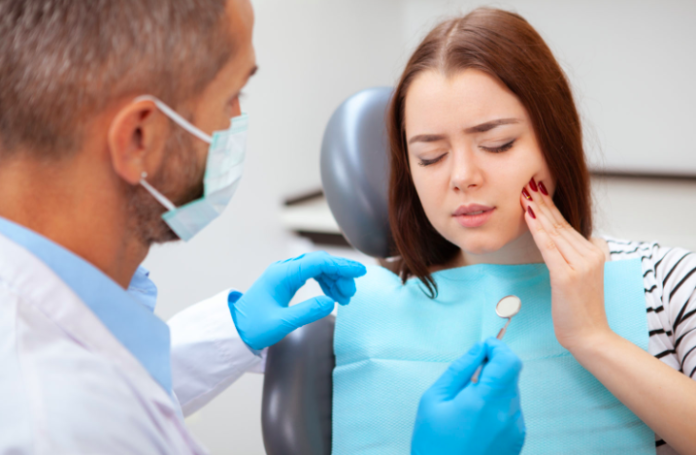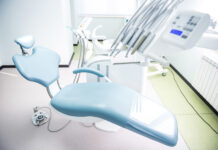Emergency dental care refers to the treatment of urgent dental problems that require immediate attention. Dental emergencies can be painful, scary, and potentially dangerous if left untreated. It’s important to seek emergency dental care as soon as possible to prevent complications and ensure the best possible outcome. The purpose of this blog post is to provide an overview of emergency dental care, including common dental emergencies and steps to take in a dental emergency.
Common Dental Emergencies
Dental emergencies that are most common can include the following:
- Broken, chipped, or knocked-out teeth: Accidents or injuries can cause teeth to break, chip, or even be knocked out completely. This can be painful and may require urgent treatment.
- Toothache: Severe or persistent toothache can be a sign of an underlying dental problem that requires immediate attention.
- Abscessed tooth: An abscessed tooth is a serious dental infection that can cause severe pain and swelling. It requires prompt treatment to prevent the infection from spreading.
- Lost or broken filling: A lost or broken filling can cause sensitivity or pain, and may expose the tooth to further damage or decay.
- Loose or broken braces or wires: Broken braces or wires can cause discomfort and may require immediate attention to prevent further damage to the teeth or braces.
- Broken dentures: Broken dentures can be uncomfortable or even painful to wear, and may require emergency repair or replacement.
Steps to Take in a Dental Emergency
If you believe you are experiencing a dental emergency, follow these important steps:
- Stay calm: It’s important to stay calm and assess the situation to determine the best course of action.
- Contact your dentist: Call your dentist as soon as possible to explain the situation and arrange for urgent care.
- Handle a knocked-out tooth carefully: If a tooth has been knocked out, handle it by the crown (the top part of the tooth), and rinse it gently in water. Do not touch the root or scrub the tooth.
- Control bleeding: Apply pressure to the affected area with a clean cloth or gauze to help control bleeding.
- Manage pain and swelling: Over-the-counter pain relievers can help manage pain, and a cold compress can help reduce swelling.
Following these steps outlined above can help ensure the best possible outcome in a dental emergency. It is important to seek immediate care and not wait for the problem to resolve on its own, as this could lead to more serious complications and further damage. In some cases, delays in seeking treatment can even result in permanent damage or loss of teeth.
Tips to Prevent Dental Emergencies
For your convenience, we have outlined some of the best ways to prevent dental emergencies from happening. Keep the following tips in mind, and hopefully you can avoid having to see an emergency dentist.
- Practice good oral hygiene: Brush and floss regularly to keep your teeth and gums healthy and reduce the risk of dental problems that can lead to emergencies.
- Wear a mouthguard during sports: If you play sports or engage in other physical activities, wearing a mouthguard can help protect your teeth from injury.
- Avoid chewing on hard objects: Chewing on ice, popcorn kernels, or other hard objects can damage your teeth and lead to dental emergencies.
- Get regular dental checkups: Regular dental checkups and cleanings can help identify and address potential dental problems before they become emergencies.
Conclusion
In conclusion, emergency dental care is an important aspect of overall dental health. It’s crucial to seek immediate treatment for dental emergencies to prevent complications and ensure the best possible outcome.
Remember, if you experience a dental emergency, stay calm, contact an emergency dentist in Peoria AZ, and follow the steps to take in a dental emergency to help ensure the best possible outcome.

































